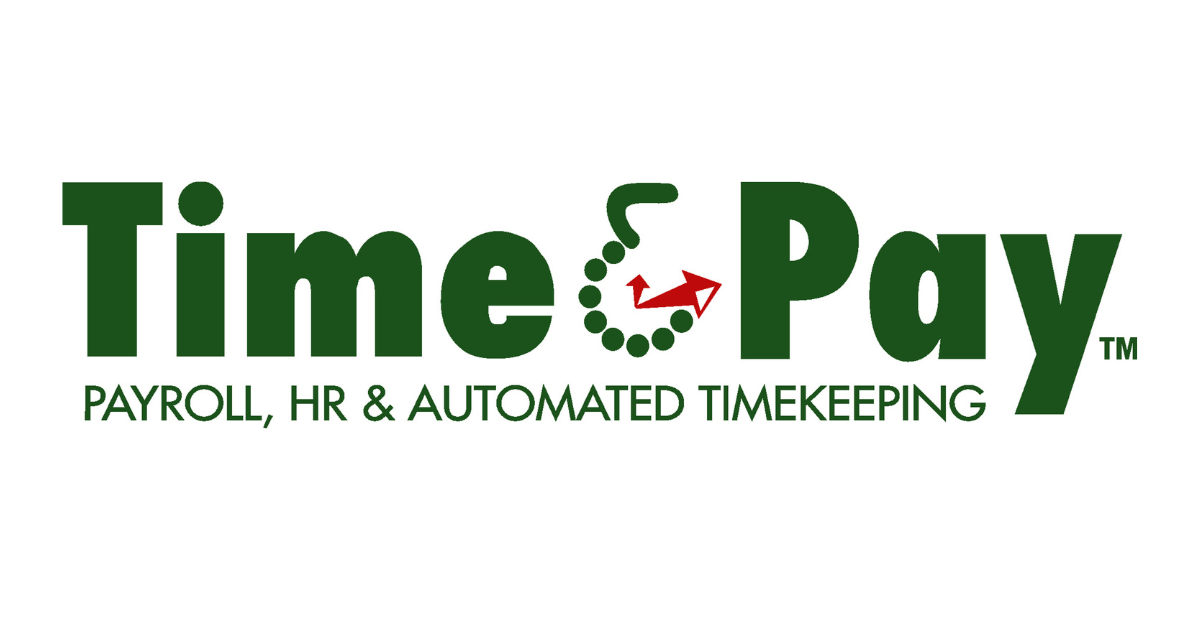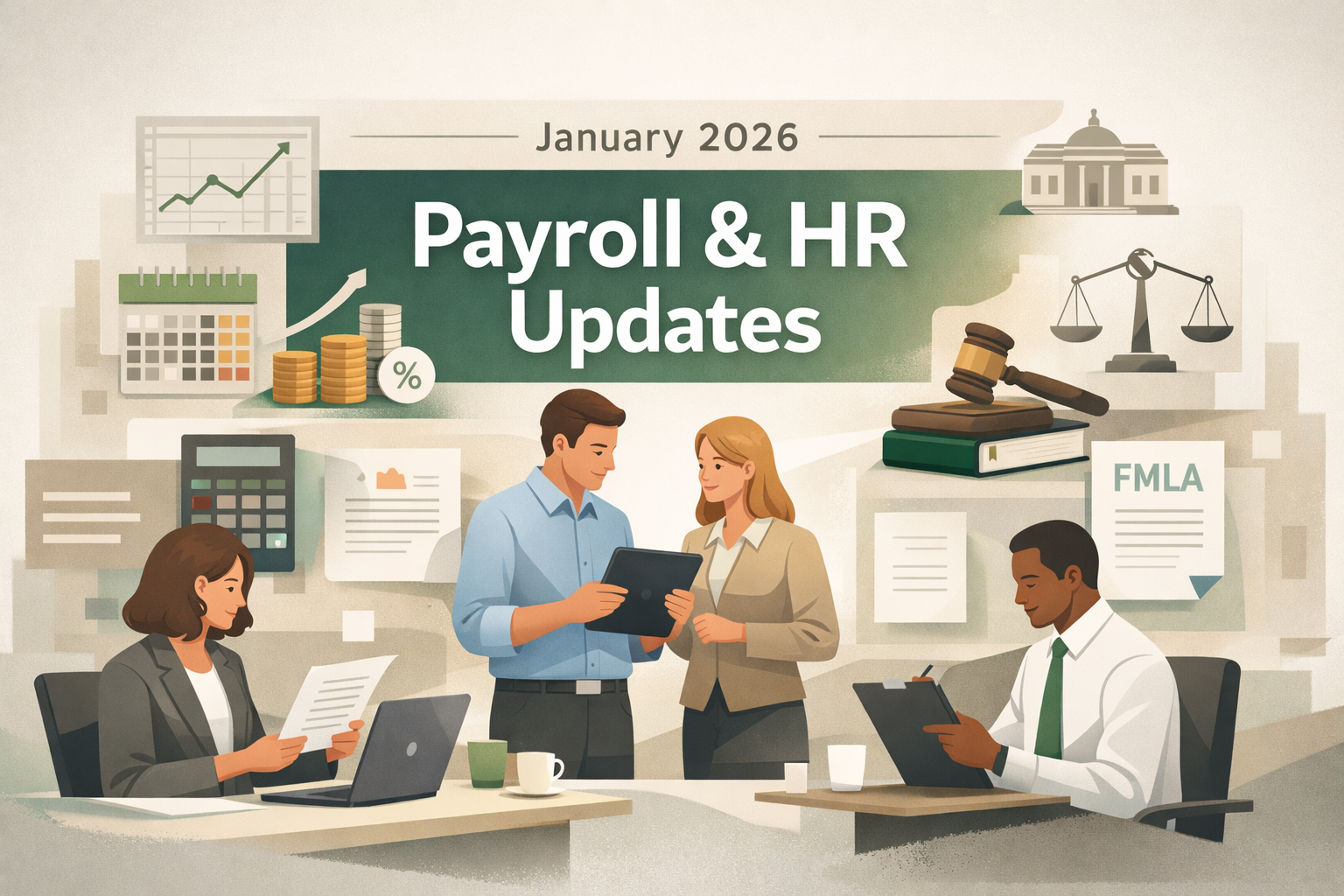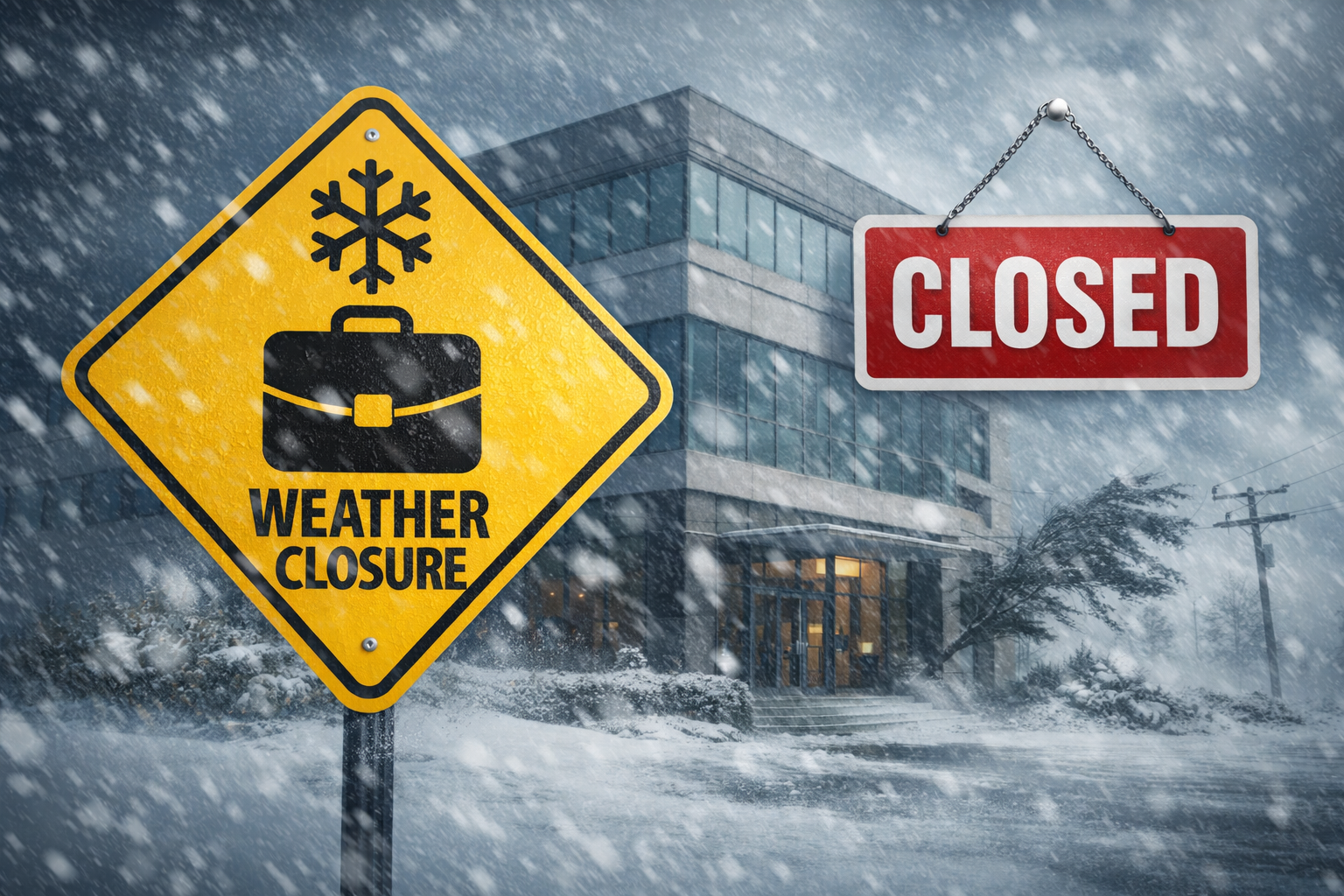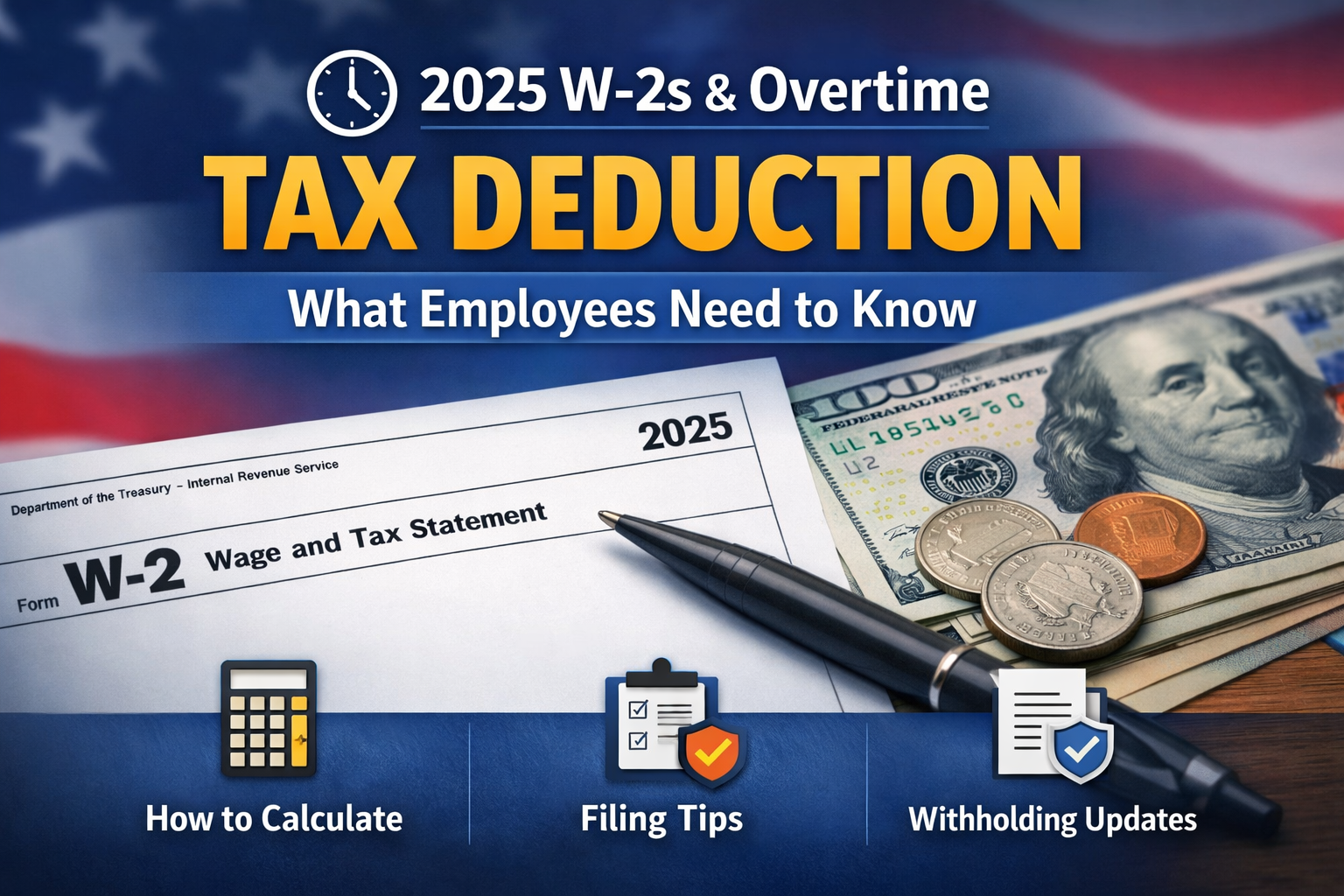Navigating the Storm: A Guide for Employers in the Wake of Hurricane Helene
When disaster strikes, businesses face a whirlwind of challenges. Hurricane Helene has left its mark on the Southeast, and employers are grappling with questions about employee rights, safety concerns, and how to support their workforce during this tumultuous time. Let's dive into some practical advice and legal insights to help you weather the storm and emerge stronger on the other side.
Safety First: Can Employees Refuse to Work?
Picture this: your office building has taken a beating from Helene, and some of your team members are hesitant to return. What are your rights as an employer, and what about your employees' rights?
According to OSHA guidelines, employees have the right to voice concerns about unsafe working conditions. If there's a clear risk of serious harm, they may even have legal grounds to refuse work. As an employer, it's crucial to take these concerns seriously and address them promptly.
Pro tip: Create an open channel for employees to report safety issues, and have a plan in place to quickly assess and mitigate risks. This proactive approach can help prevent conflicts and keep everyone safe.
Family Matters: Navigating Leave Requests
In the aftermath of Helene, you might see an uptick in leave requests. Some employees may need time off to deal with personal losses or care for family members. Here's where the Family and Medical Leave Act (FMLA) comes into play.
The FMLA could protect employees who develop a serious health condition or need to care for a family member with such a condition as a result of the hurricane. But remember, you're not limited to just following the letter of the law. Consider offering personal leave on a case-by-case basis to support your team during this challenging time.
Real-world example: After Hurricane Sandy, many companies in the Northeast offered additional paid leave to affected employees, boosting morale and loyalty in the long run.
Heroes in the Making: Supporting Relief Workers
Some of your employees might feel called to help with relief efforts. If they're officially called to serve as relief workers, they may be protected under the Uniform Services Employment and Re-employment Rights Act (USERRA). This broad statute safeguards the employment rights of those who serve in various capacities, including disaster relief.
For those who want to volunteer but aren't officially called up, you're not legally obligated to provide leave. However, allowing employees to participate in relief efforts can boost company morale and contribute to community recovery.
Idea spark: Consider organizing a company-wide volunteer day to help with local relief efforts. It's a great way to give back and build team spirit.
Financial Lifelines: How Employers Can Help
When employees lose homes or face significant property damage, they may turn to you for help. Here are four ways you can provide financial assistance:
- Loans and Hardship Distributions: The IRS often relaxes rules for loans and hardship distributions from retirement plans for disaster victims. Check the IRS website for the latest guidance.
- 401(k) Plan Amendments: You can amend your 401(k) plans to allow hardship distributions for disaster-related expenses and losses.
- Leave-Sharing Programs: Set up a system where employees can donate their unused paid time off to colleagues in need. Just make sure to structure it carefully to avoid tax implications for donors.
- Charitable Foundation: For a long-term solution, consider establishing a 501(c)(3) foundation. This allows tax-deductible contributions from employees, families, and other entities to support affected staff.
Creative approach: One tech company in Florida set up a "Hurricane Help" Slack channel where employees could offer spare rooms, supplies, or assistance to affected colleagues.
Payroll Puzzles: Who Gets Paid and When?
The Fair Labor Standards Act (FLSA) is your guidepost here. For non-exempt employees, you're generally only required to pay for hours actually worked. Exempt employees, however, usually need to be paid their full salary if they perform any work during the workweek.
Here's a quick cheat sheet:
- Non-exempt employees: Pay for hours worked
- Exempt employees: Full salary if any work is done in the workweek
- Business closed, exempt employee ready to work: May need to be paid
- Employee takes personal day off: No pay required
Remember, while the FLSA doesn't regulate paid time off, your company policies and state laws might. Always double-check before making decisions about charging time to vacation or PTO balances.
Suspension of Operations: Are You Liable?
If Helene forces you to suspend operations without notice, you're probably in the clear legally. However, it's crucial to issue appropriate notices as soon as possible. The Worker Adjustment and Retraining Notification (WARN) Act requires certain large employers to provide notice for plant closings or mass layoffs, even in natural disasters.
Best practice: Develop a communication plan for emergency closures. Use multiple channels (email, text, company app) to ensure all employees are informed quickly.
Wrapping Up: Your Action Plan
Navigating the aftermath of Hurricane Helene is no small feat, but with the right approach, you can support your employees and keep your business on track. Here's your quick action plan:
- Prioritize safety: Address concerns promptly and create clear safety protocols.
- Be flexible with leave: Consider both legal requirements and compassionate exceptions.
- Support relief efforts: Encourage and facilitate employee involvement in community recovery.
- Offer financial assistance: Explore options like hardship distributions and leave-sharing programs.
- Stay compliant: Keep FLSA and WARN Act requirements in mind when making payroll and operational decisions.
- Communicate clearly: Keep your team informed about policies, closures, and available support.
Remember, how you handle this crisis can have a lasting impact on your company culture and employee loyalty. By approaching these challenges with empathy, clarity, and a solid understanding of your legal obligations, you can turn this difficult time into an opportunity to strengthen your team and your business.
Need more guidance? Don't hesitate to reach out to legal experts or HR consultants specializing in disaster preparedness. SESCO Management Consultants also provided answers to more Frequently Asked Questions here.
After all, as we navigate these stormy waters, we're all in this together.




